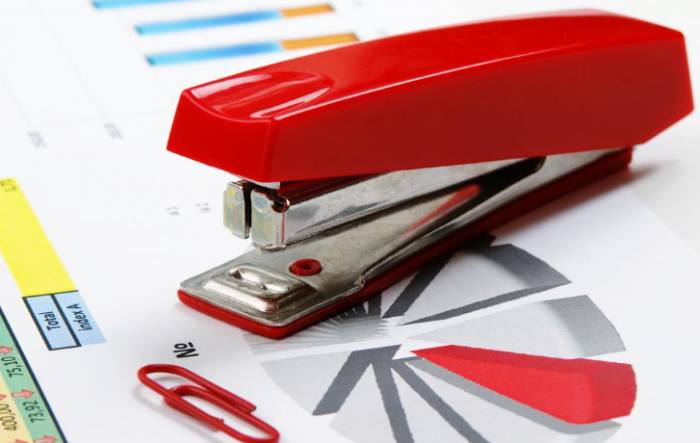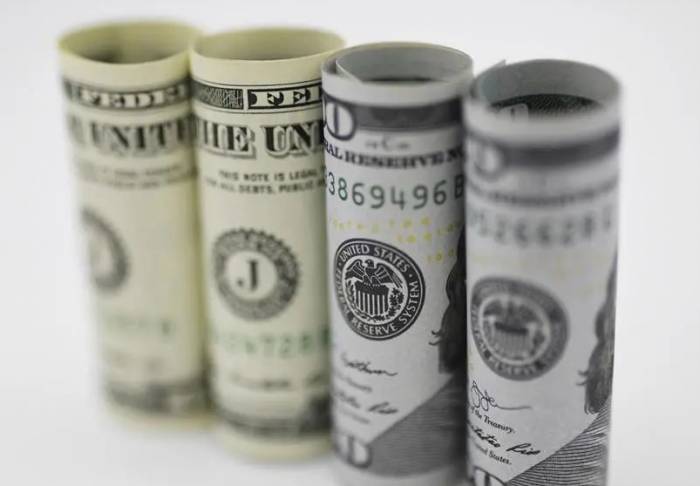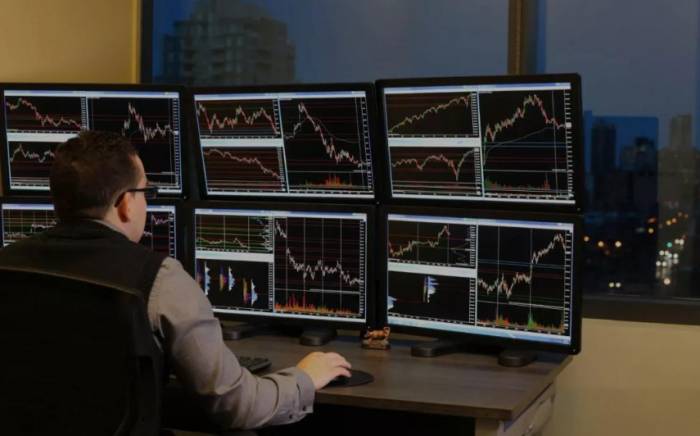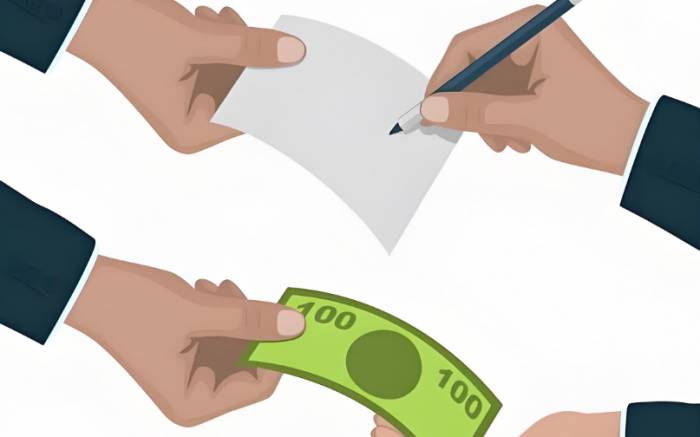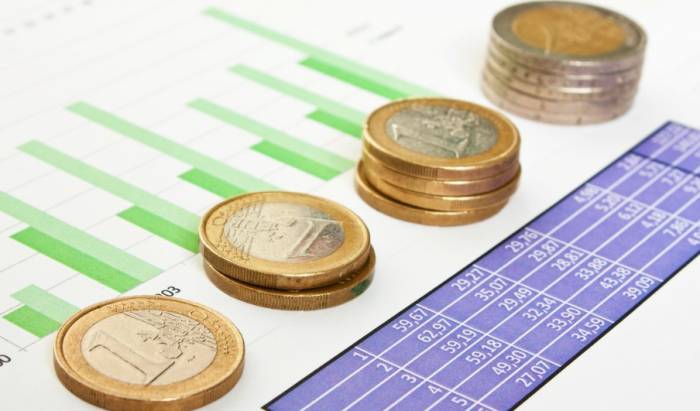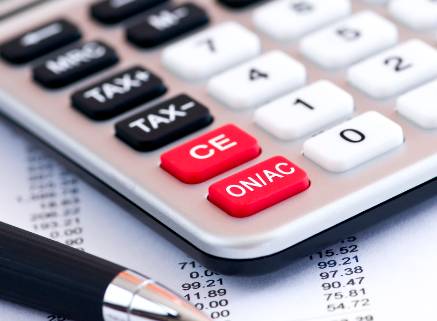I have been trading for over a decade, and many people have asked me this question. Behind this question lies an expectation of the Holy Grail of trading, a desire for effortless gain, thinking that through this secret one can make a fortune.
However, I have personally gone through this period, experienced losses, and also experienced profits. So I can clearly say that there is no Holy Grail in trading, but there are some cognitive tricks that many people may never understand in their lifetime. But those who understand can easily break out of this mental dilemma.
It took me about two years to review all the technical indicators I've seen, indicator combinations, all trading strategies, and all my doubts about trading, to truly see the full picture of trading. After seeing clearly, I adjusted the details of the strategy and then reached the stage of profitability.
Today, I will very concisely talk about what I believe are the three core points in trading, hoping to inspire your trading cognition.
Core 1: Risk Control.
The reason many people cannot achieve profitability is not because they lack ability, but because they do not take risk control to heart. In the financial market, the first thing to consider is how not to lose money before thinking about how to make money, but most people do it the other way around.
Because no one wants to lose money, everyone wants to make money, so no one controls risks. When you make a profit, you earn 30%, but when you lose, you lose 100%. How can you make money in the long run?
Risk control is like the financial management of a company. If you set the leverage too high and do not do a good job of risk control, your company will definitely face operational risks and debt defaults, and the possibility of bankruptcy due to insolvency is very high.
So the first thing to consider in trading is risk control, and there are tricks to risk control. If the range is too broad, it will exceed your tolerance, and if the range is too narrow, the position is too small, and the profit will also be very limited, losing the meaning of speculative trading. Therefore, it is necessary to test your risk control tolerance range many times.
How to test? I suggest using a demo account.Every trading software has its own demo account, which is generally free and 100% simulates future market conditions. At this point, you can set the amount of money you really want to invest, and then test your trading strategies and risk control strategies. See if the long-term profits are satisfactory, and when there are losses, whether the amount is bearable. Gradually, you can find your comfort zone and discover this "risk control psychological range."
Core 2: Trading System.
The concept of a trading system originates from some trading books and training sessions I have attended. Most of the better trading books on the market mention trading systems, such as "Trading for a Living," "The Turtle Trading Rules," "The Clarity of Mind," "Trend Trading Method," and so on, all of which discuss the logic and methods of many trading systems.
In fact, the most important thing is not the method, but the cognition.
Many people are stuck at this step in their search for the Holy Grail of trading because a trading system is composed of indicators. Many people are obsessed with finding a magical indicator or a set of magical trading systems that can only make profits without losses, can make huge profits, but cannot accept the imperfection of indicators and systems.
A trading system involves both profits and losses. What we should pursue is to make more profits and fewer losses, not just profits without losses. This is the first cognition. The second cognition is that many people have only conducted short-term tests or reviews and have determined the profitability of the trading system, which is a mistake of recent preference and result preference.
The correct approach is that you can first have a prototype of a trading system based on all the information you can collect, including online, in books, and from others. Then start long-term review tests, adjust the detailed parameters of the trading system, understand the system's profit and loss performance, and adjust risk control before entering the actual battle.
First, let go of the greed for continuous huge profits and the obsession with pursuing the perfect Holy Grail, in order to truly have the possibility of making a profit.
Core 3: Control of mentality.
In fact, there are many bad points in our human nature, including greed, seeking benefits and avoiding harm, fear of the unknown, anger at violating one's own cognition, anxiety about things that cannot be done, and so on. These psychological issues will be infinitely magnified in trading, which will greatly affect our judgment.When one's rationality is devoured by emotions, the behavior in trading will inevitably become distorted, just like a gambler. I have experienced this and only realized after waking up how terrible it is to be controlled by one's own emotions and desires.
As I have mentioned many times before, the vast majority of psychological issues still stem from the imperfection of skills. It's like taking the college entrance examination; if you study diligently and practice extensively, encountering 80% of the questions you've seen before, would you still panic during the exam? Even if you don't know some very difficult questions, it's easy to achieve an above-average score.
Many people fail the test of trading because they don't practice enough, don't train properly, and go into the exam unprepared, unable to answer any questions. If you don't panic in such a situation, who would?
Therefore, we should conduct extensive backtesting and simulation tests of our trading systems in our daily lives, experience all possible market conditions, and absolutely categorize the details of the system. Only then can we have confidence in the profitability of the trading system and better control the emotional fluctuations during trading.
At the same time, we can also train our emotions, such as training ourselves to persist in a long-term activity, like running, calligraphy, or weight loss, which are very challenging to willpower. We can try these and keep at it, which will greatly help with self-discipline.
Furthermore, we can cultivate our reading habits, reading more books on philosophy, history, and biographies to develop our way of thinking and global awareness. Most traders like to talk about "the way" because reading extensively changes their view of the world, leading to many new understandings. You can give it a try.
These points are what I believe to be the core content of trading. When these three aspects of thinking are integrated, risk control is well-managed, trading skills are refined, and trading thinking is elevated, then trading can be done well.


